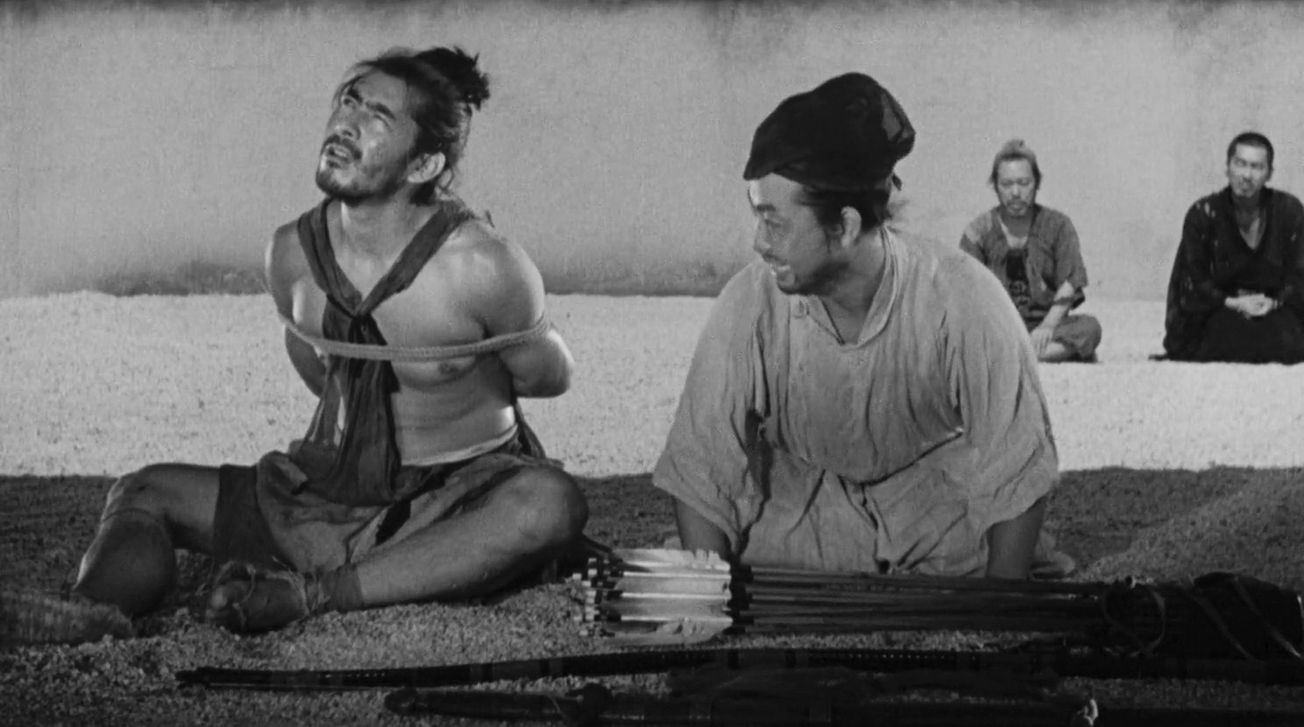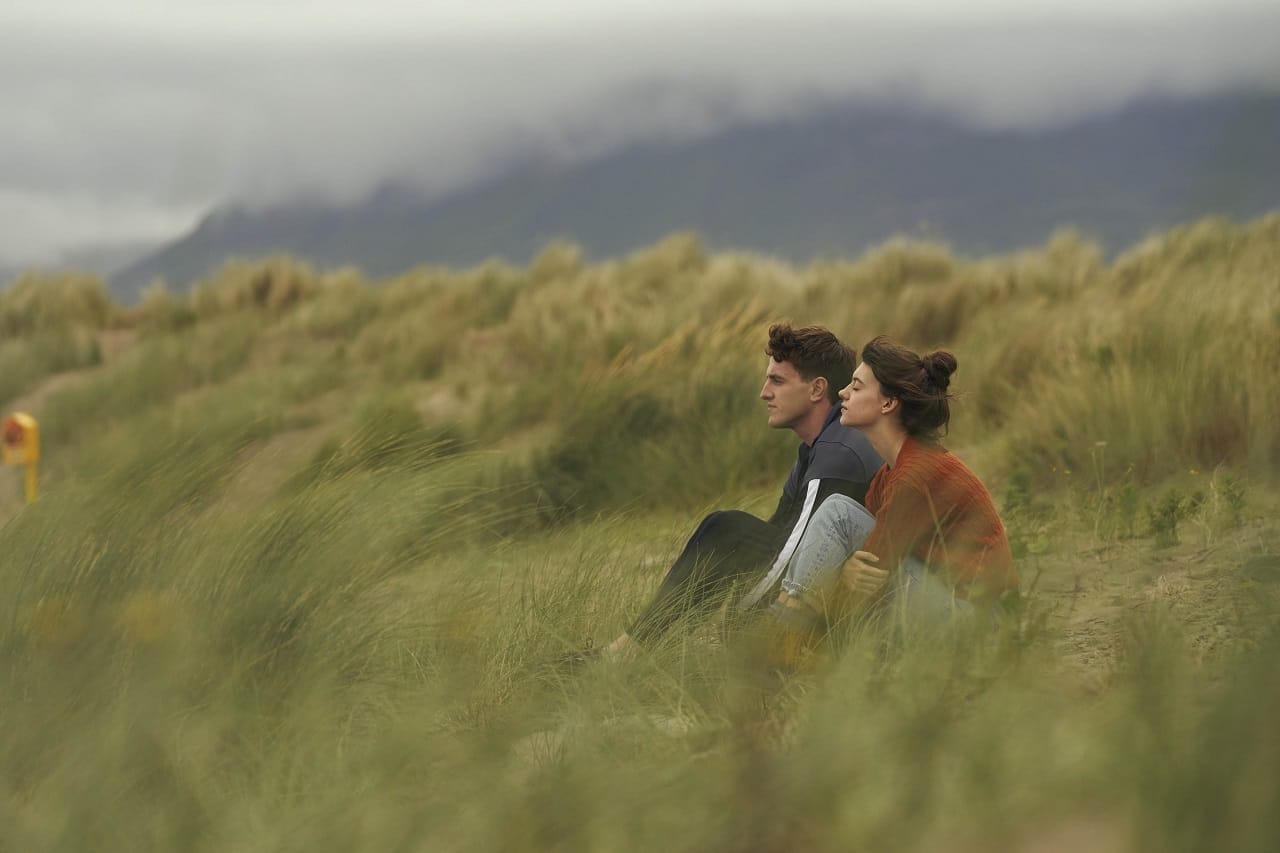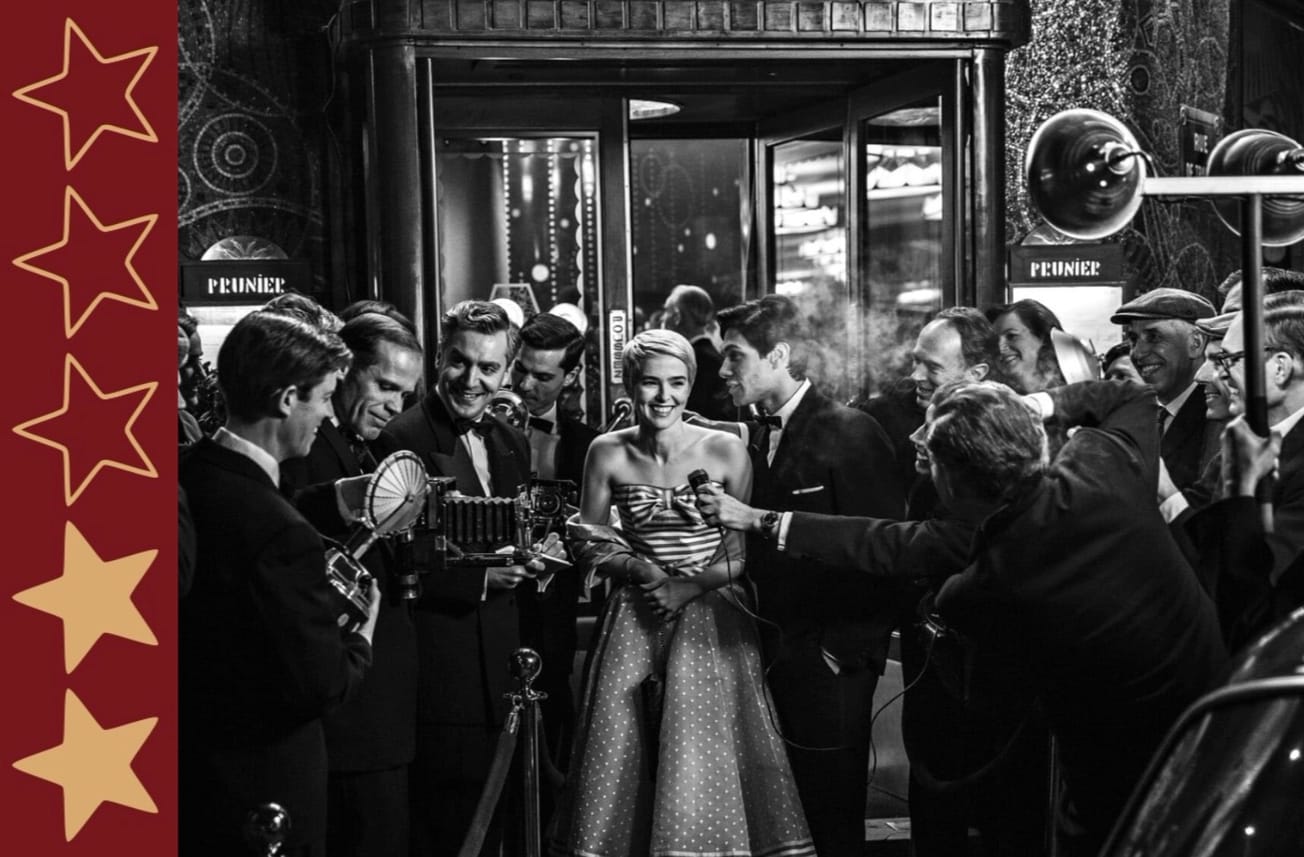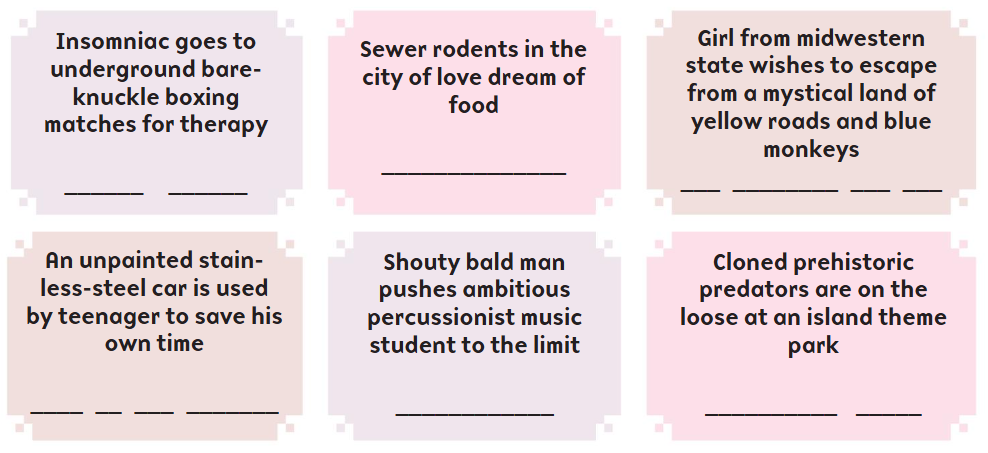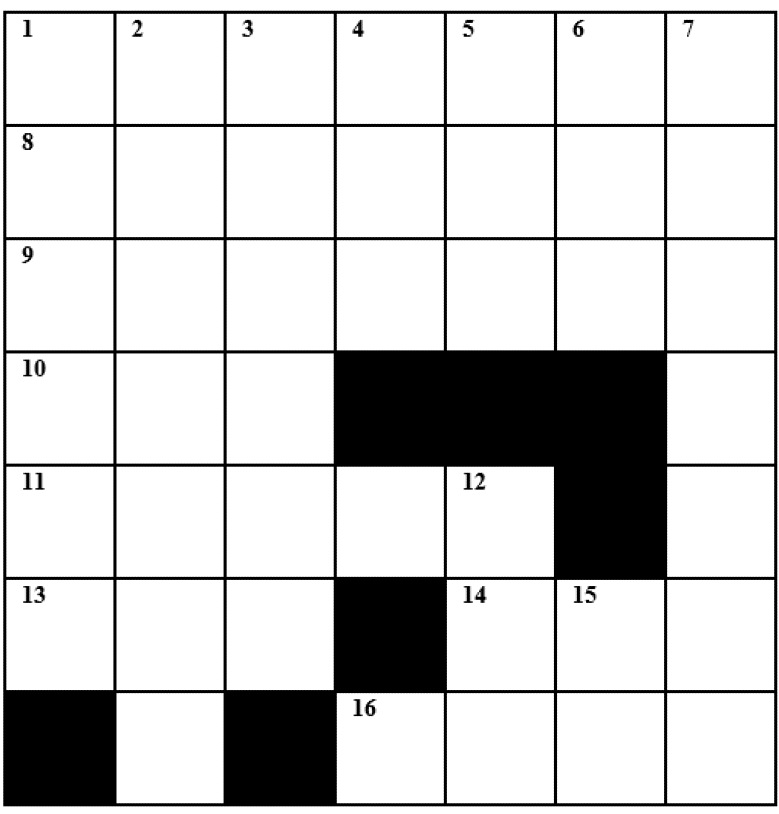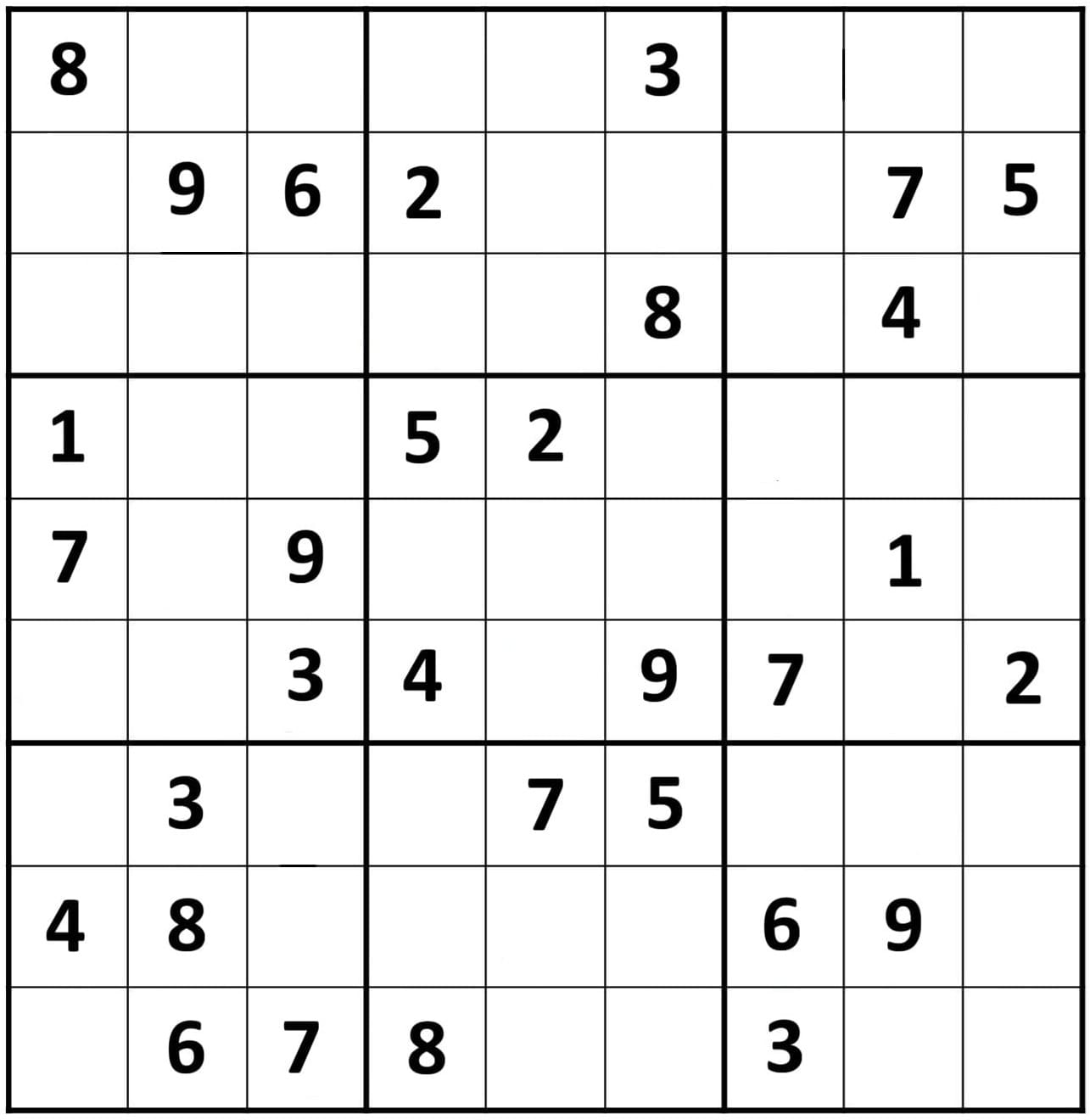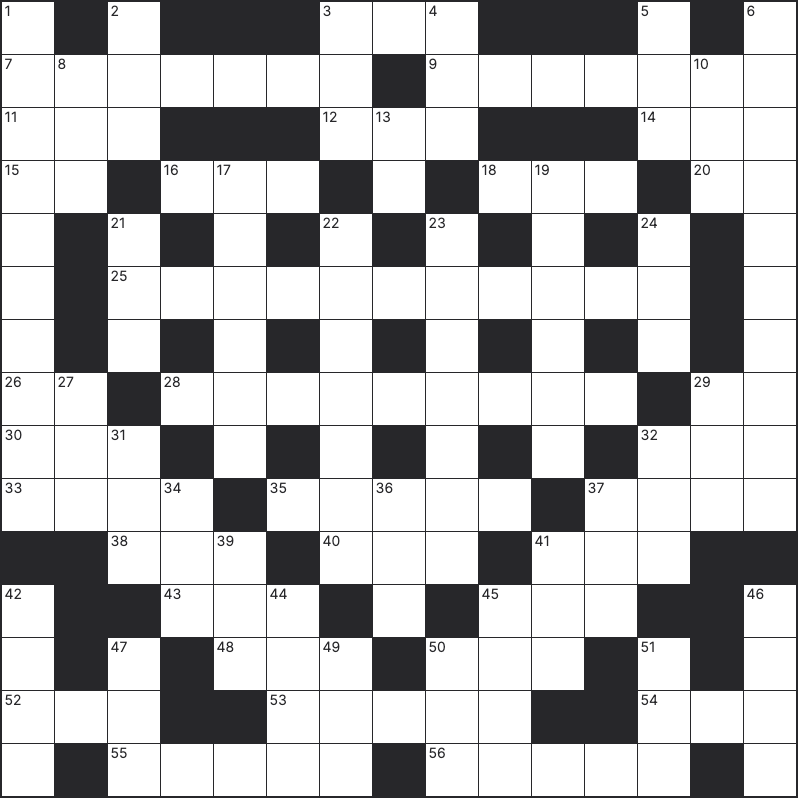By Sean Lawrenson, First Year, English
It’s a Friday night as I’m making my way into the Watershed, where I’m not expecting a great turnout. This is surprisingly my first visit to the cinema since coming to Bristol in September, and back in my hometown, if people heard that Rashomon (1950) was playing, I think we would struggle to find five or six people (potentially half a baker’s dozen if lucky) to watch the film. To my surprise, when I walked in, the room was filled to the brim with eagle-eyed cinema-goers of all ages. We gathered to watch Akira Kurosawa’s 1950 tour de force: a tale of murder, mystery and, above all else, the search for truth.
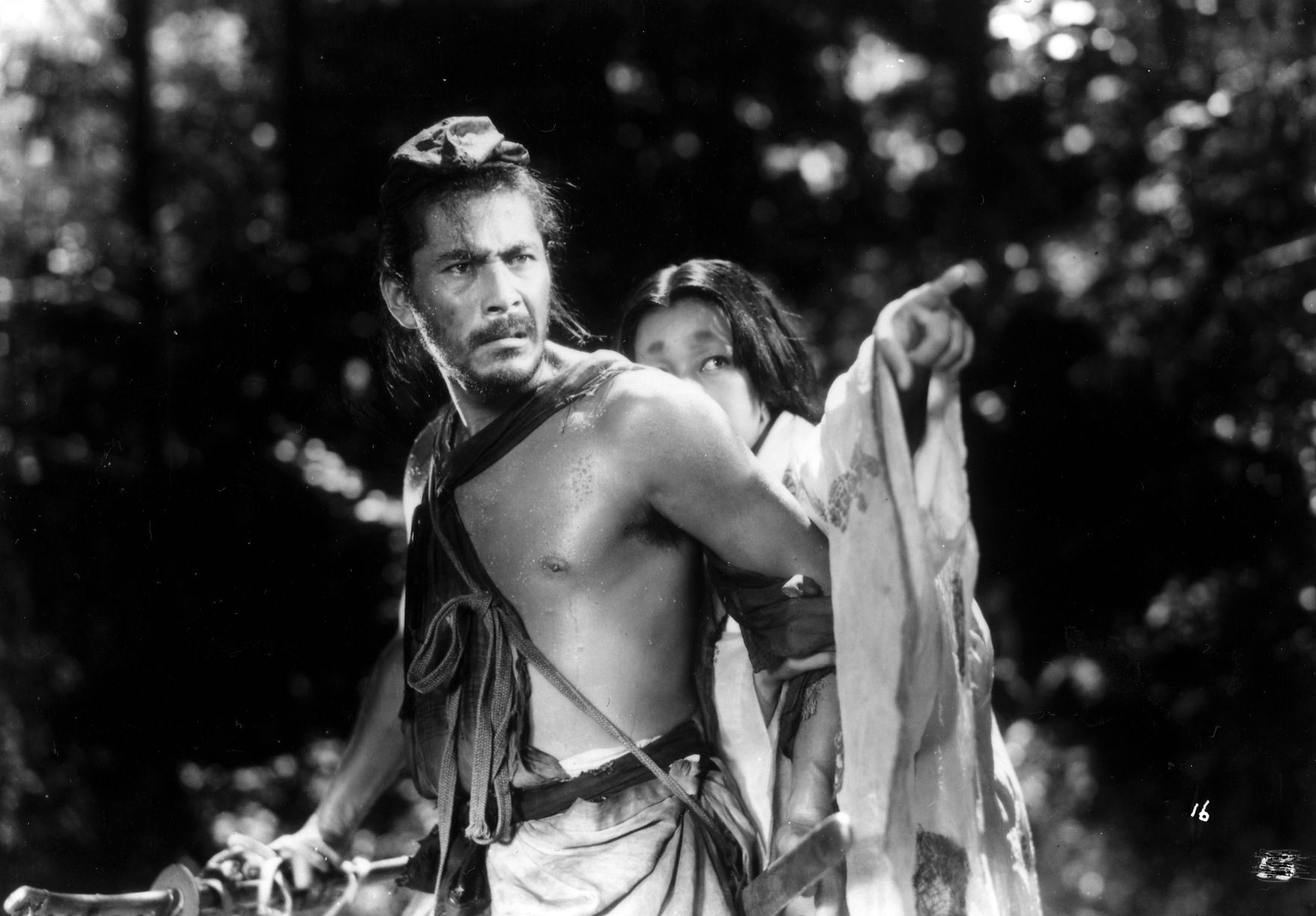
The setup is almost alarmingly simple. A man and his prospective partner are travelling on a road when the man is suddenly killed. When he is eventually found by a Woodcutter (Takashi Shimura), he reports it to the authorities right away. What follows is the police’s desperate questioning of several witnesses to the crime, including the bandit Tajomaru (played by an unsettlingly buoyant Toshiro Mifune).
With each varying account of what happened, the spiral of truth unravels, the search becomes increasingly naive, the use of a psychic to provide answers from beyond the grave is a particularly comedic, if not entirely worrisome scene. We are seemingly left with very few ‘true’ revelations. Only that there are no truly simple answers.
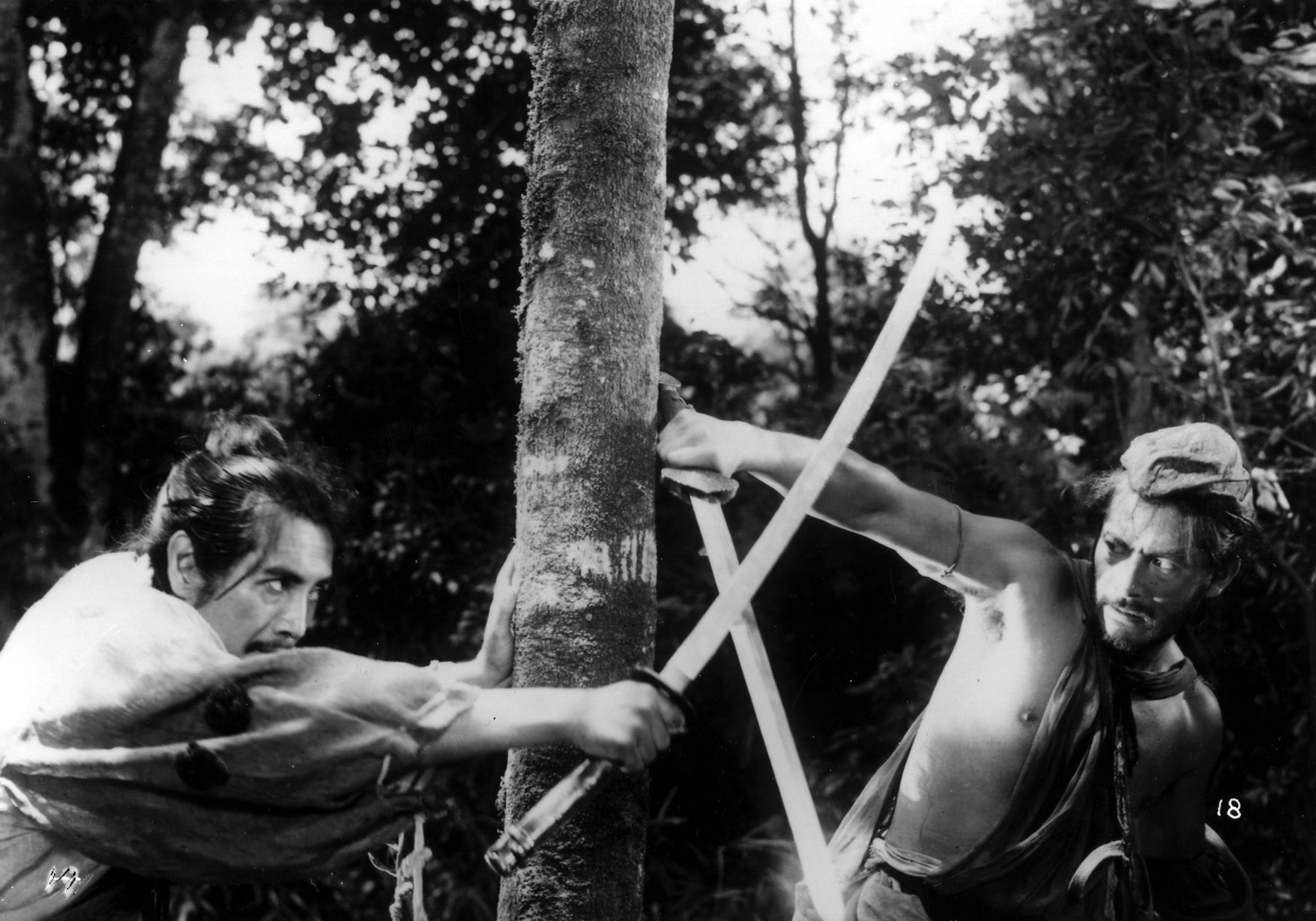
If the amalgamation of different genres (when I say I could describe this film as a farcical murder mystery with elements of the divine, I would not be mistaken) is not enough to convince you, I implore you to watch it for the cinematography alone. The work of Kazuo Miyagawa, also known for his work on other Japanese classics like Ugetsu (1953) and Sansho the Bailiff (1954), outdoes himself in this film, opening on a decrepit building in the dismally pouring rain.
What could be more fitting for a film whose main purpose is seemingly confusion is to start the film with a thunderous, off-putting downpour? The amplified importance of weather is a recurrent feature in many of Kurosawa’s films, but it is the contrast between the dismal rain and piercing sun, switching so fluently between the two, which forces home the complex uncertainty Kurosawa is exploring.
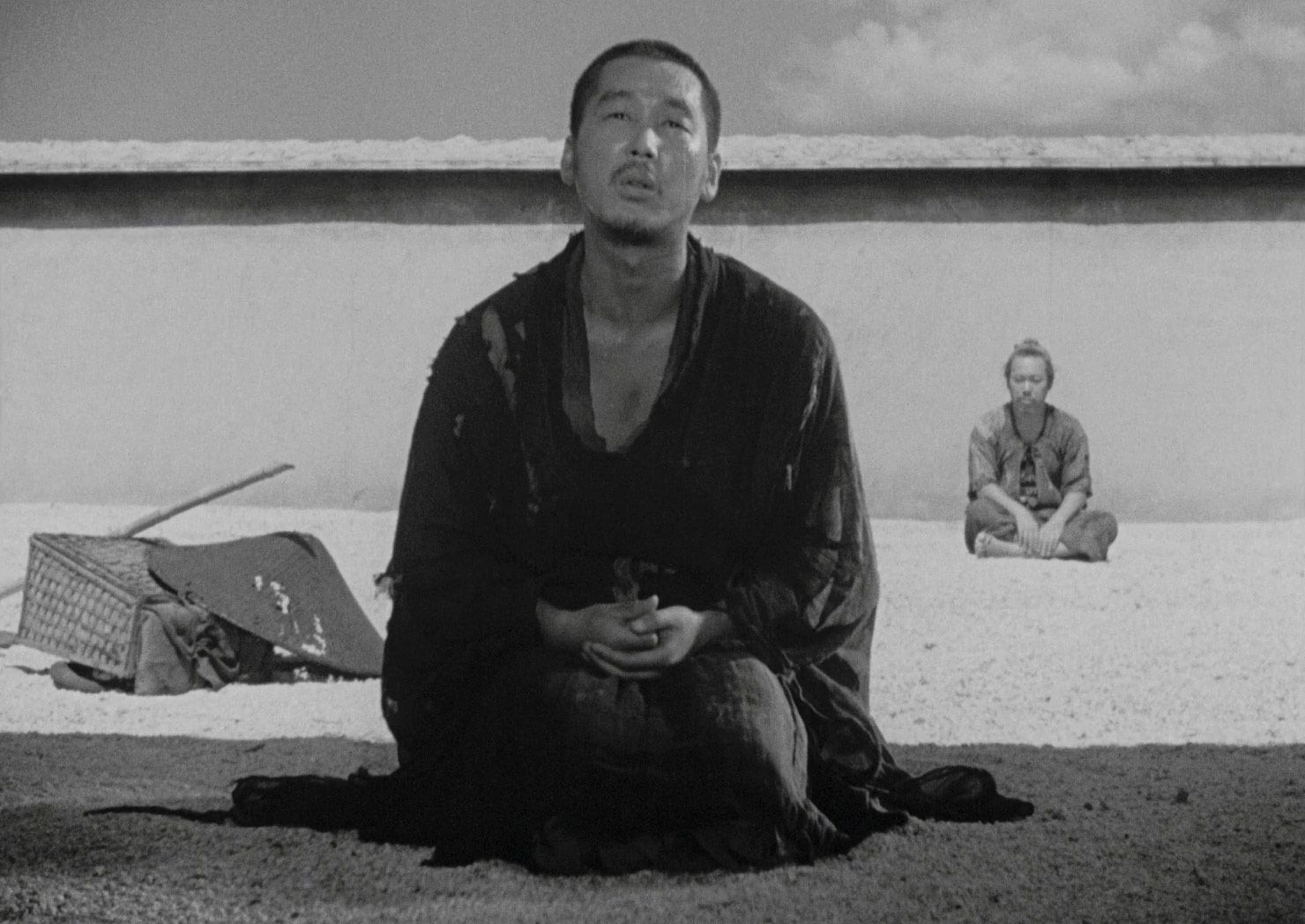
There is, of course, the natural question concerning a seventy-year-old film getting a run at an independent cinema. Just how relevant is Rashomon today? Well, there is some slight over-exaggeration, particularly with the not-so-well-handled stoical suicide scene, which in contemporary light comes across as opaque.
That being said, it goes without saying that a film whose key concern is dealing with truth and what we may now consider misinformation is still piercingly relevant in the modern age.
Featured Image: Akira Kurosawa on IMDB
Rashomon (1950) will be playing at the Watershed from the 4th-12th of January. Make sure to get your ticket today!

